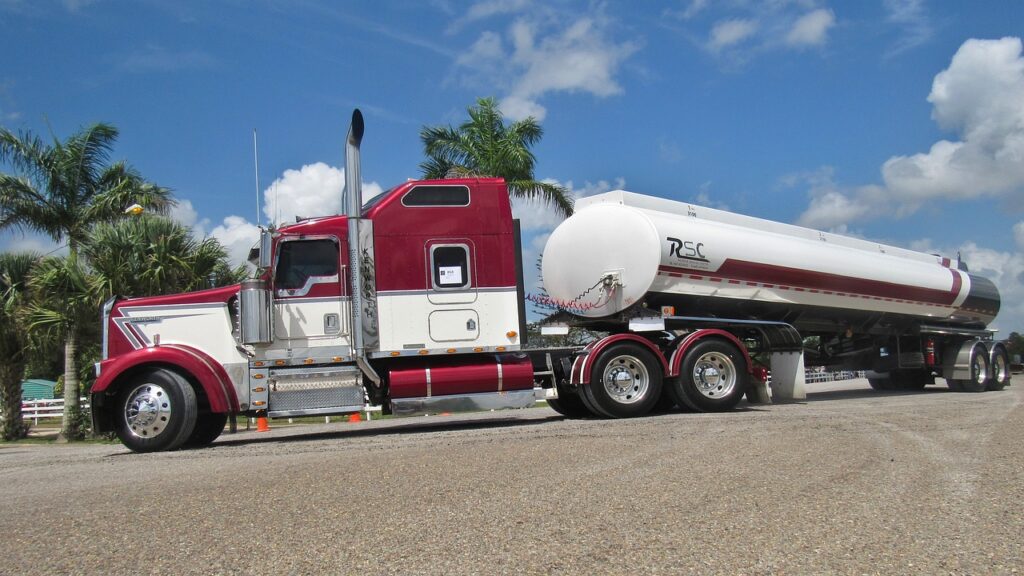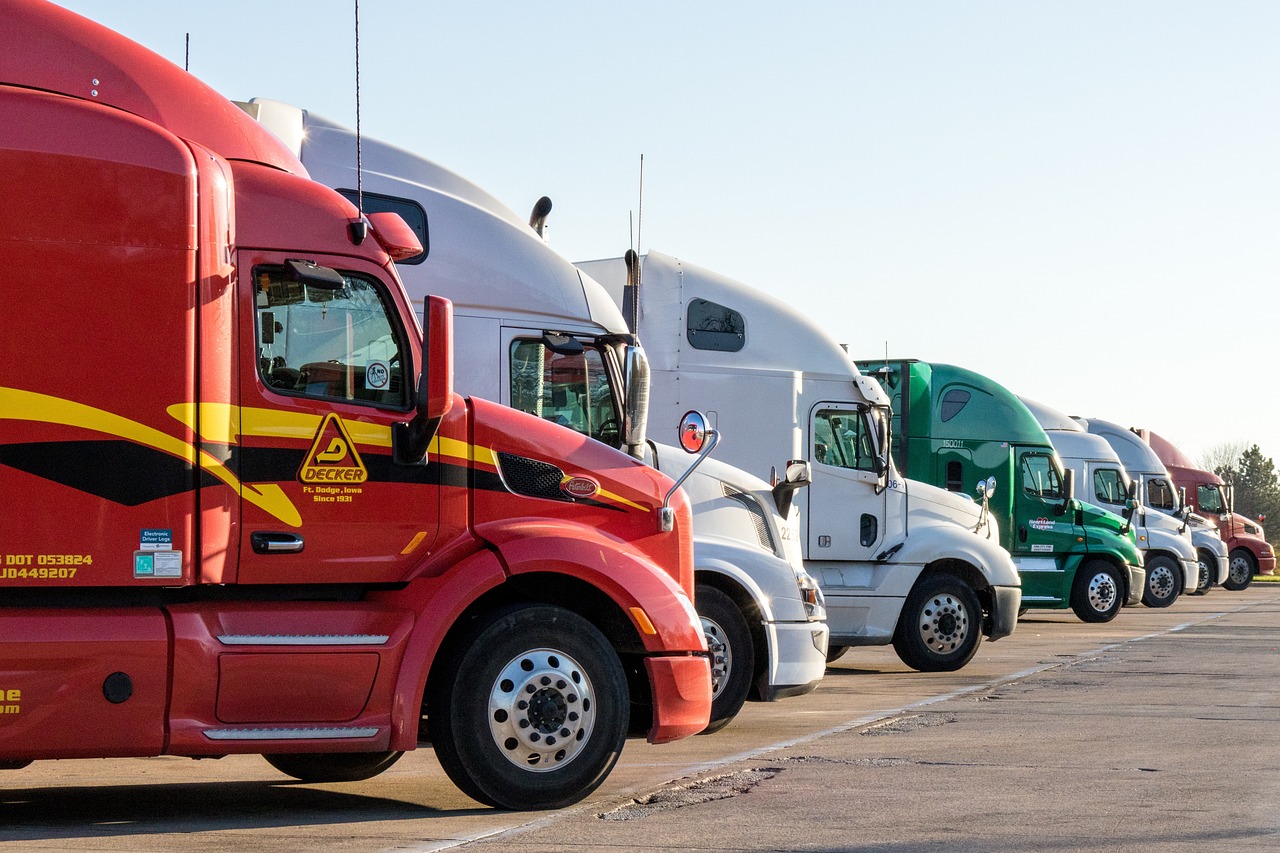short term goals for trucking company
Despite concerns about potential economic slowdowns, the global trucking industry, worth billions, is projected to grow by 10% in the upcoming years. With trucking playing a critical role in the supply chain, 80% of businesses worldwide depend on these services for transporting goods and facilitating various logistical operations. This widespread reliance highlights the immense potential for growth within the trucking sector on a global scale.
10 short term goals for starting a trucking company business
Starting a trucking business can indeed be a profitable venture, especially with the increasing demand for goods transportation. However, as you’ve pointed out, the process requires more than just financial investment; it demands careful planning, knowledge, and execution to ensure long-term success. Here’s a detailed outline of key steps to consider when launching a trucking business:
1. Research the Industry and Market
- Industry Trends: Stay up-to-date with current trends in the logistics and transportation industry. Understand the types of freight in demand (e.g., perishable goods, industrial products, etc.), the latest regulations, and technological advancements (like GPS tracking, fleet management software).
- Competition Analysis: Identify other trucking businesses in your area. Look into what they offer, their pricing, their fleet size, and customer feedback. This can help you identify gaps or areas to excel in.

2. Create a Business Plan
- Define Your Niche: Determine whether you want to serve long-haul or local routes, specialize in specific types of goods, or target certain industries (e.g., food, construction, or e-commerce).
- Business Structure: Decide whether you’ll operate as a sole proprietor, LLC, or corporation. An LLC offers personal liability protection, which is often preferred in high-risk industries like trucking.
- Financial Projections: Plan out your start-up costs, such as truck purchases, insurance, permits, fuel, maintenance, and employee salaries. Estimate your revenue based on expected contracts and daily operations.
- Marketing Strategy: How will you attract customers? Consider digital marketing, networking with manufacturers and wholesalers, and offering competitive pricing or specialized services.

3. Obtain Necessary Licensing and Permits
- FMCSA Registration: To operate legally in the U.S., you’ll need to register with the Federal Motor Carrier Safety Administration (FMCSA). You’ll also need a USDOT number, which is required for all vehicles transporting passengers or freight across state lines.
- Operating Authority: Depending on your business model, you may need additional permits, such as a Motor Carrier (MC) number, which grants you the authority to haul freight.
- State-Specific Requirements: Each state may have its own set of rules regarding business registration, taxes, and permits. Make sure to comply with local regulations.

4. Secure Financing
- Initial Capital: Trucks and equipment are expensive, and if you’re starting small, you may need to secure financing through loans, grants, or investors. Factor in costs for down payments, interest rates, and repayment schedules.
- Insurance: Insurance is a significant ongoing cost. You’ll need general liability, vehicle insurance, cargo insurance, and workers’ compensation. Shop around for coverage that meets your needs without overspending.

5. Purchase Equipment
- Trucks and Trailers: Decide whether you want to buy new or used trucks. While new trucks come with the latest features and warranties, used trucks can be more affordable upfront. Make sure to factor in ongoing maintenance costs.
- Equipment Needs: Depending on your niche, you might need specific equipment, like flatbeds, refrigerated trailers (for perishables), or tanker trucks.

6. Develop a Hiring Strategy
- Drivers: Your drivers will be the backbone of your business. You’ll need experienced, licensed drivers who adhere to safety regulations. In the U.S., they must have a commercial driver’s license (CDL).
- Support Staff: Consider other roles you may need, like dispatchers, accountants, and maintenance staff. These positions can help the business run smoothly and ensure your trucks are operational.

7. Establish Relationships with Shippers
- Networking: Building strong relationships with companies that need transportation services is critical. Attend trade shows, reach out to wholesalers, or establish ties with freight brokers who can connect you with clients.
- Contracts: Once you’ve secured clients, develop contracts that outline rates, delivery schedules, and other expectations. Having a written agreement in place helps avoid misunderstandings.

8. Invest in Technology and Fleet Management
- GPS Tracking and Fleet Management Software: This can optimize route planning, monitor driver performance, and track fuel consumption, making your operations more efficient.
- E-invoicing and Payment Systems: Set up systems that allow for easy invoicing and payment, ensuring that clients pay promptly for services rendered.

9. Focus on Safety and Compliance
- Regular Inspections and Maintenance: Make sure your trucks are regularly maintained and meet the required safety standards. This reduces downtime and prolongs the lifespan of your equipment.
- Driver Training: Regularly train your drivers on safe driving practices, compliance with hours-of-service regulations, and emergency procedures.
- Compliance with DOT Regulations: Adhere to the Department of Transportation’s regulations to avoid fines and ensure your business remains operational.

10. Market and Scale Your Business
- Customer relationships: Providing excellent service is essential for retaining clients. Keep your customers informed and ensure timely, safe deliveries.
- Expand Gradually: As demand grows, consider expanding your fleet or offering more specialized services. Stay on top of trends and anticipate changes in the market.

Conclusion
Starting a trucking business requires strategic planning, significant investment, and attention to detail, but it can be highly rewarding. By understanding the logistics landscape, obtaining the necessary licenses, securing financing, and focusing on safety and customer service, you can lay a solid foundation for long-term success.






